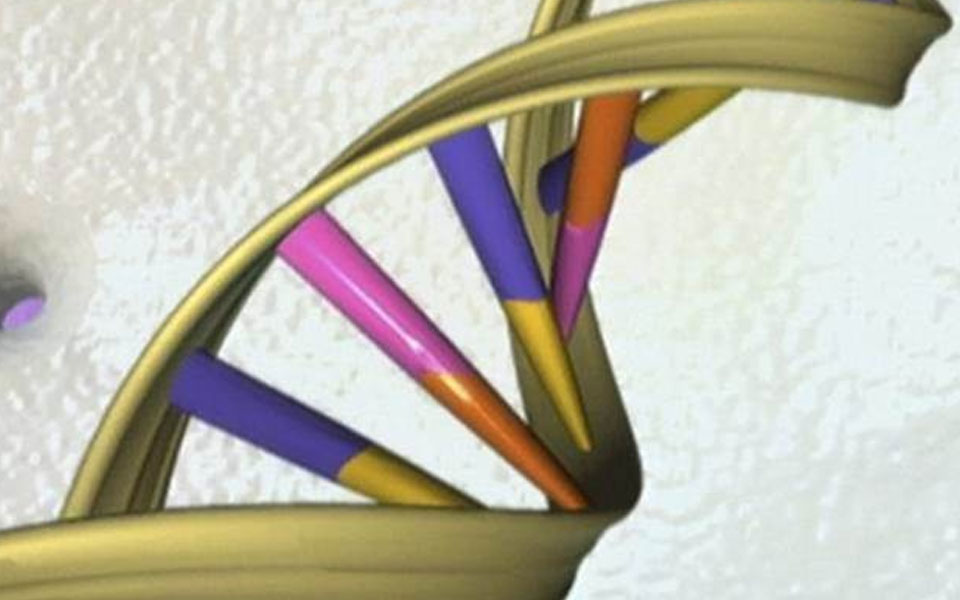London, July 12 : Using publicly available data, researchers have identified 10 new genes that are predisposed to ovarian and breast cancer among others, an advance that would contribute to improving cancer diagnoses and prevention in the future.
There are many genetic causes of cancer. While some mutations are inherited from parents, others are acquired all throughout life due to external factors or due to mistakes in copying DNA.
In the study, published in Nature Communications, a team of researchers developed a new statistical method named ALFRED and identified 13 candidate cancer predisposition genes, of which 10 are new from tumour sequencing data.
"We applied our method to the genome sequences of more than 10,000 cancer patients with 30 different tumour types and identified known and new possible cancer predisposition genes that have the potential to contribute substantially to cancer risk," said principal investigator Ben Lehner, ICREA -- Catalan Institution for Research and Advanced Studies in Spain.
"Our computational method uses an old idea that cancer genes often require 'two hits' before they cause cancer. We developed a method that allows us to systematically identify these genes from existing cancer genome datasets," said Solip Park, from the Centre for Genomic Regulation (CRG) -- a Barcelona-based research facility.
The method allows researchers to find risk variants without a control sample, meaning they do not need to compare cancer patients to groups of healthy people.
"Our results show that the new cancer predisposition genes may have an important role in many types of cancer. For example, they were associated with 14 per cent of ovarian tumours, seven per cent of breast tumours and to about one in 50 of all cancers," Park said.
Inherited variants in one of the newly-proposed risk genes -- NSD1 -- may also be implicated in at least three out of 1,000 cancer patients, the researchers explained.
For the study, the team combined data from many different projects and by applying a new computational method, were able to identify important cancer genes that were not identified by the original studies.
Let the Truth be known. If you read VB and like VB, please be a VB Supporter and Help us deliver the Truth to one and all.
Kalaburagi: Four men have been arrested in Kalaburagi on charge of hacking a man with lethal weapons and pelting stones at him under the limits of Station Bazaar Police Station recently.
According to police sources, Anand Jalak Shinde (34), Ashitosh Jalak Shinde (30), Imran Mehboob Sheikh (28) and Sohaib Anwar Qureshi have been arrested. The men are accused of the brutal murder of Syed Mehboob, a resident of Station Bazaar Upper Line Hamalawadi in the city.
An FIR was filed by the Station Bazaar Police Station based on a complaint given by Syed Ismail, father of the deceased Syed Mehboob.
Following quick probe, the police team successfully arrested the suspects within 24 hours. The arrested men were produced in court and have been sent to judicial custody.
The City Police Commissionerate has appreciated in an official release the police team’s quick solving of the murder case and arrest of the four men accused of murdering Syed Mehboob.





